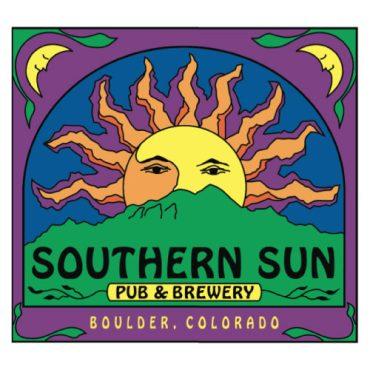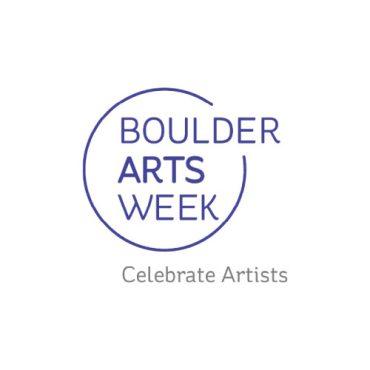KGNU’s Sam Fuqua speaks with Professor Jack Schmidt, Director of the Center for Colorado River Studies at Utah State University, about the agreement.
Listen:
-
 play_arrow
play_arrow
Cows Are Consuming A Staggering Amount Of Colorado River Water Alexis Kenyon
Interview Transcript:
Sam Fuqua, KGNU: Give us your overall quick take on this deal announced Monday for the lower basin states.
Dr. Jack Schmidt: Well, I think you have to start somewhere. I mean, there are countless analogies. You can only start a path one step at a time. So this is one step, and we ought to congratulate that a step has been made. The agreement essentially averages out to reduce lower basin and consumption by a million-acre feet, which as you say, is somewhere in the neighborhood of 13% to 15% reduction. In light of this year’s big runoff, that sort of gets us into the range where we are matching consumptive use with runoff right now if we use the averages of the past. I think that the other attributes we ought to mention about the deal. One is this deal is accomplished largely by paying farmers not to farm is that sustainable? So we don’t even know if this money is going to be available. If the whole system collapses that ought to be kept in mind. The next thing is, if you look over the long term, are those sums of money going to be available in perpetuity in the future? I think that’s a serious question.
Sam Fuqua, KGNU:L Well, let’s let me stop you there, just so listeners are clear: So, there’s over it over a billion dollars in federal money that’s in this deal in the form of grants. And if I heard you correctly, most of that money is going to go to farmers to pay them not to not to grow.
Dr. Jack Schmidt
Yes, I mean, money would…. the details of all of this are still a bit foggy. Some money is going to go to the city, certainly and Nevada is going to decrease some of its use. It’s hard to squeeze any more water out of Nevada, but most of the money has to go to agriculture because agriculture is the biggest user of water.
Sam Fuqua, KGNU: And you know, a billion is a big number. But in the scheme of a federal budget, it’s not that big. I mean, could this be part of a longer-term fix, the bank continuing to pay farmers not, to grow water-intensive crops?
Dr. Jack Schmidt: Sure, of course, that’s possible. If the Federal government wants to spend that. I think what’s important here is, let’s sort of use some very round numbers. With this reduction, basin-wide water use is going to be probably somewhere in the realm of 13.5 million acre-feet, which is sort of the average water supply for the 21st century, things sort of match. But what this doesn’t get us is any significant recovery of reservoir storage. That’s important. We’re going to need to cut even more. And then we need to remember that all the climate change projections predict that they’ll be even greater reductions of an additional one to 3 million acre-feet by 2050. So these cuts are only the beginning of a series of significant cuts. And is that all going to be accomplished by continuing to pay massive amounts out of the federal treasury? That’s going to be a significant debate in the future.
Sam Fuqua, KGNU: And, you know, I’ve read that one of the big crops that needs a lot of water and is part of agriculture in this region is alfalfa which feeds cows. Is reducing meat consumption, just to connect it back to, you know, plant-based diet versus so much animal food in our diet, part of the solution? And maybe,I don’t want to go outside your area of expertise but it seems it seems to me that reducing the amount of water that goes to crops that feed animals for human consumption may be part of a solution. What do you think?
Dr. Jack Schmidt: Well, let’s just look at the numbers. Agriculture uses between 70% and 80% of all the water in the basin. The use by municipalities is much less. Recent studies published in Nature and reported widely suggested about 55% of all the agricultural crops are used for livestock feed, particularly in the upper basin and growing alfalfa in the summer in the Imperial Valley. I don’t think it’s unreasonable to say that this water crisis might not actually be all that challenging if we begin to seriously reallocate where we use water. So you are completely right. When you’re using more than half of the water for livestock feed, you need to seriously ask the question of whether that’s The way we want to proceed in the future.
Sam Fuqua, KGNU: Well. Jack Schmidt, that’s all the time we have right now we hope to have you back for a longer conversation. Thank you for joining us. Jack Schmidt is the director of the Center for Colorado River Studies at Utah State University.
Podcast: Play in new window | Download





















